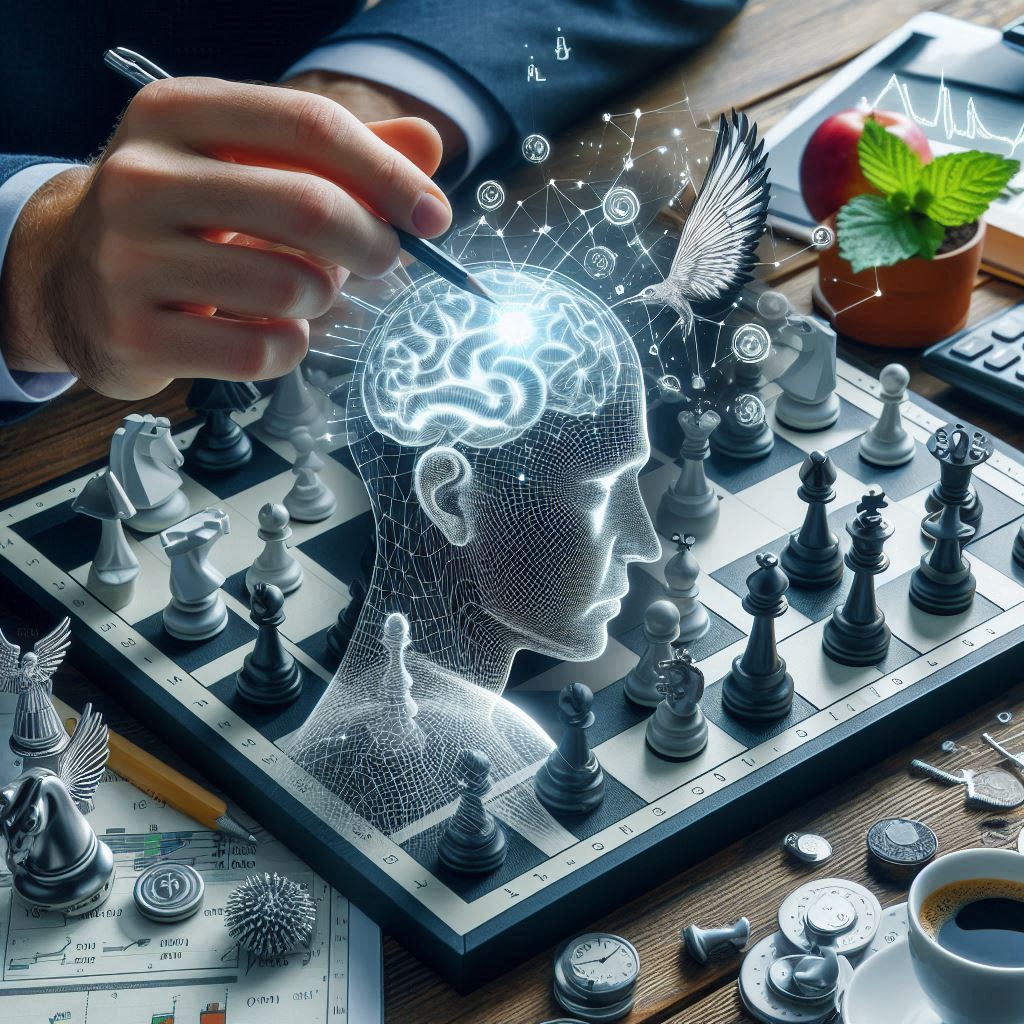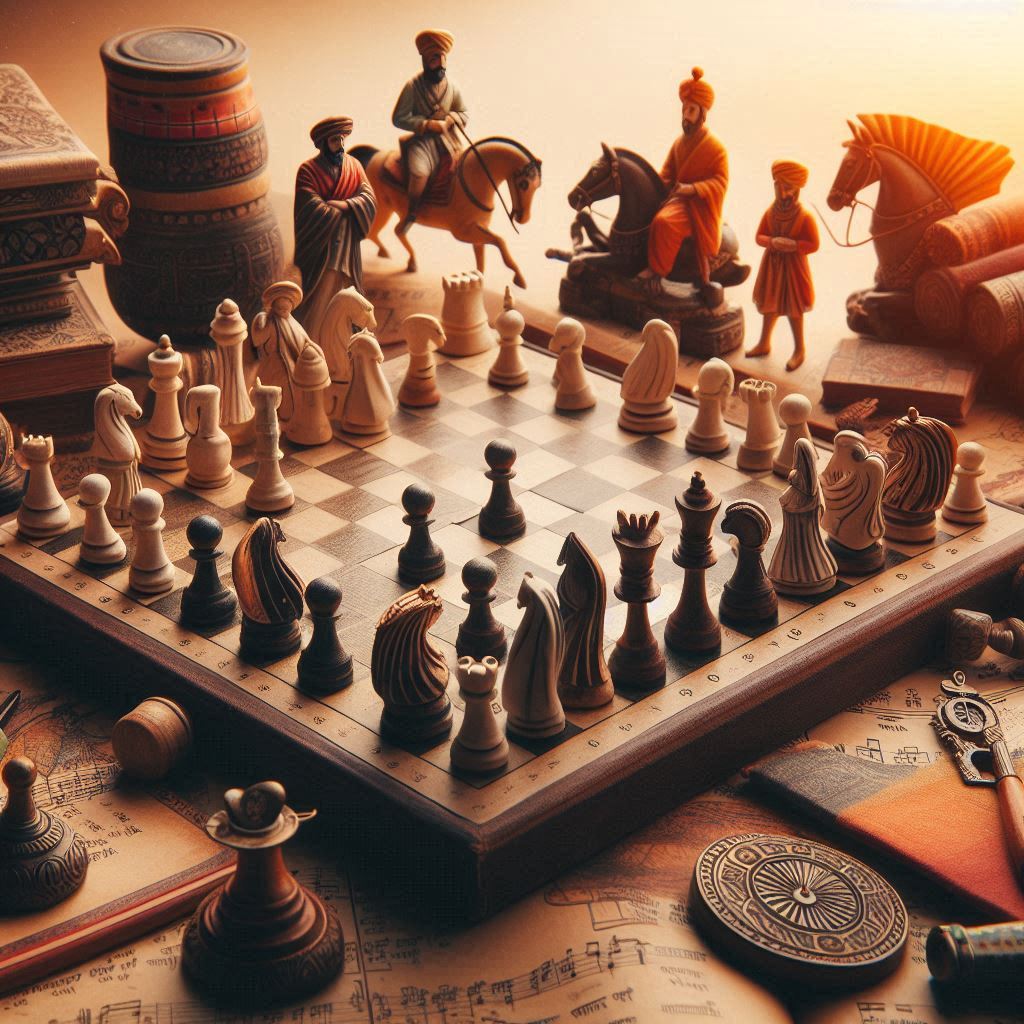Introduction
Chess is more than just a game of strategy and skill; it’s a powerful tool for enhancing cognitive abilities. Engaging in regular chess play can significantly improve memory and concentration, making it a valuable activity for people of all ages. In this article, we will explore how playing chess can boost these crucial mental skills and the science behind these benefits.
The Cognitive Demands of Chess
Chess requires a high level of mental engagement, making it an excellent exercise for the brain. Players must constantly analyze positions, anticipate opponents’ moves, and develop strategies. This continuous mental activity challenges and stimulates the brain, promoting cognitive growth and efficiency.
Enhancing Memory Through Chess
Boosting Short-Term Memory
Playing chess significantly boosts short-term memory. Players need to remember the positions of pieces, previous moves, and potential threats or opportunities. This constant mental tracking improves the brain’s ability to retain and recall information quickly and accurately.
Improving Long-Term Memory
Chess also enhances long-term memory by requiring players to learn and remember complex strategies and patterns. As players advance, they study classic games and openings, internalizing vast amounts of information. This deep engagement with the game strengthens neural connections, aiding long-term memory retention.
Strengthening Concentration
Developing Focus and Patience
Chess demands sustained concentration and patience. Each game can last several hours, requiring players to maintain focus throughout. This practice helps individuals develop the ability to concentrate for extended periods, a skill that is beneficial in many aspects of life, including work and study.
Real-Life Examples and Studies
Numerous studies support the cognitive benefits of chess. Research has shown that children who play chess regularly perform better in subjects like mathematics and reading. Studies also indicate that chess can delay the onset of dementia and Alzheimer’s disease in older adults by keeping their minds active and engaged.
Chess and Cognitive Development in Children
Chess is particularly beneficial for cognitive development in children. It enhances problem-solving skills, critical thinking, and spatial awareness. Children who play chess develop better organizational and planning abilities, which translate to improved academic performance.
Benefits for Adults and Seniors
For adults and seniors, chess offers mental stimulation that can help maintain cognitive health. Engaging in chess can improve mental agility, reduce stress, and provide a sense of accomplishment. For seniors, regular chess play can be a social activity that also serves to keep their minds sharp and active.
Incorporating Chess into Daily Life
To reap the cognitive benefits of chess, incorporate it into your daily routine. Set aside time for regular practice, join a local chess club, or play online. Chess puzzles and studying classic games can also help improve your skills and keep your mind engaged.
Conclusion
Playing chess is a powerful way to enhance memory and concentration. The strategic demands of the game stimulate the brain, improving both short-term and long-term memory, and strengthening concentration. Whether you are a child, adult, or senior, incorporating chess into your routine can provide significant cognitive benefits, making it a worthwhile pursuit for lifelong mental fitness.
FAQs
How does playing chess improve memory? Chess improves memory by requiring players to remember piece positions, moves, and strategies, which enhances both short-term and long-term memory retention.
Can playing chess help with concentration? Yes, chess helps develop sustained concentration and patience, as players must focus for extended periods during games.
Are there studies supporting the cognitive benefits of chess? Numerous studies show that chess improves cognitive abilities, enhances academic performance in children, and helps delay cognitive decline in older adults.
How can children benefit from playing chess? Children benefit from chess through improved problem-solving skills, critical thinking, spatial awareness, and better organizational abilities.
What are the benefits of chess for seniors? For seniors, chess provides mental stimulation, improves cognitive health, reduces stress, and can delay the onset of dementia and Alzheimer’s disease.
How can I incorporate chess into my daily routine? Set aside regular practice time, join a chess club, play online, solve chess puzzles, and study classic games to incorporate chess into your daily routine.



